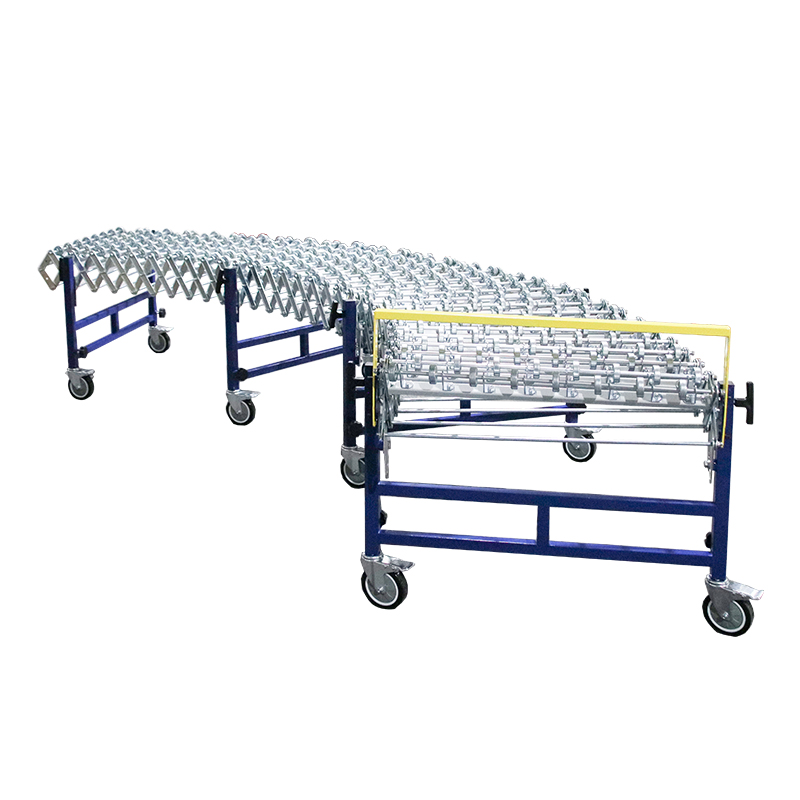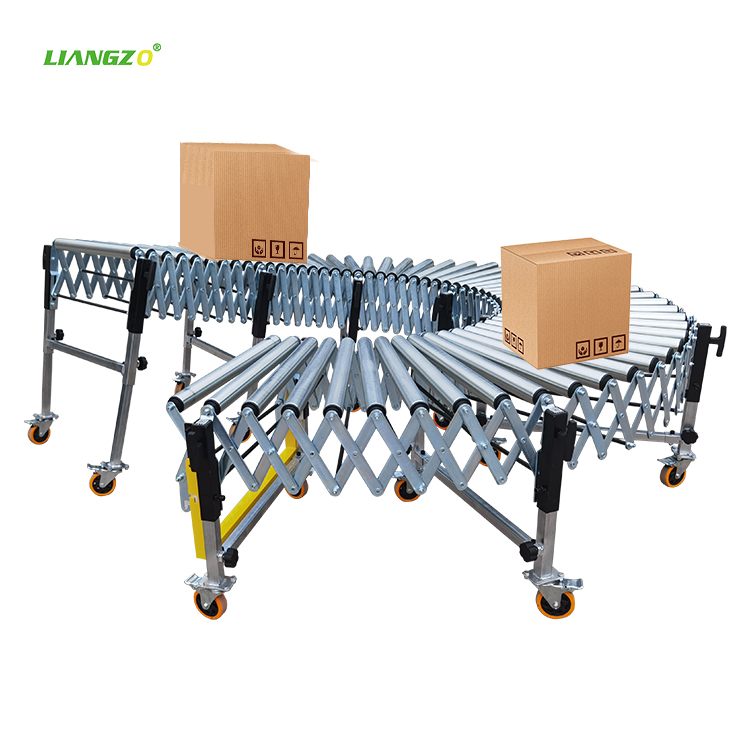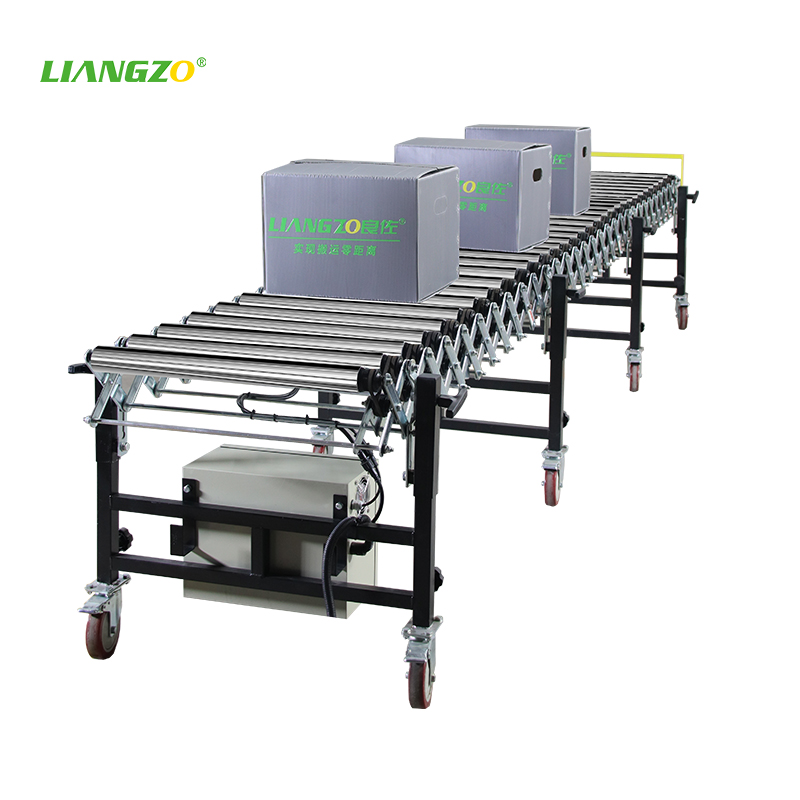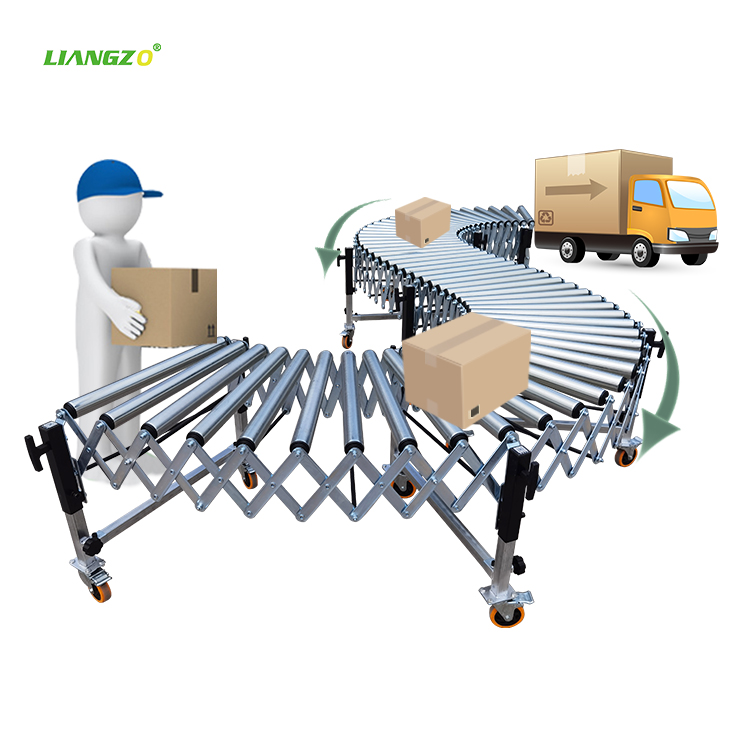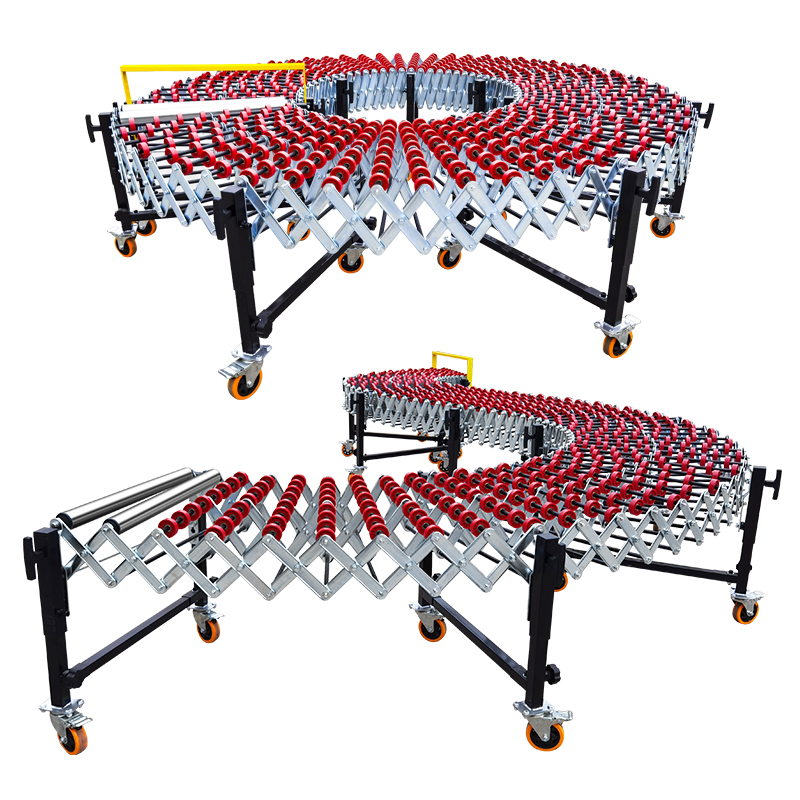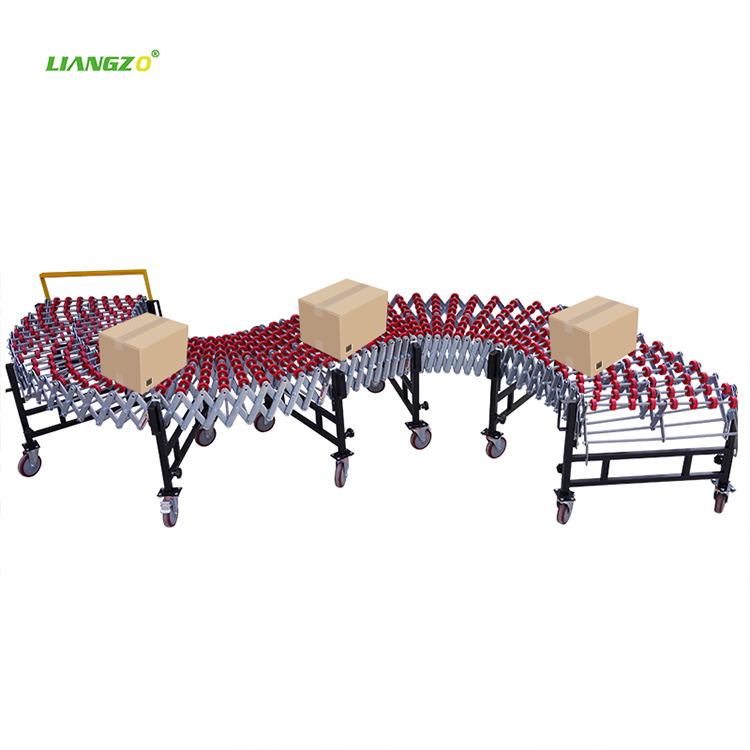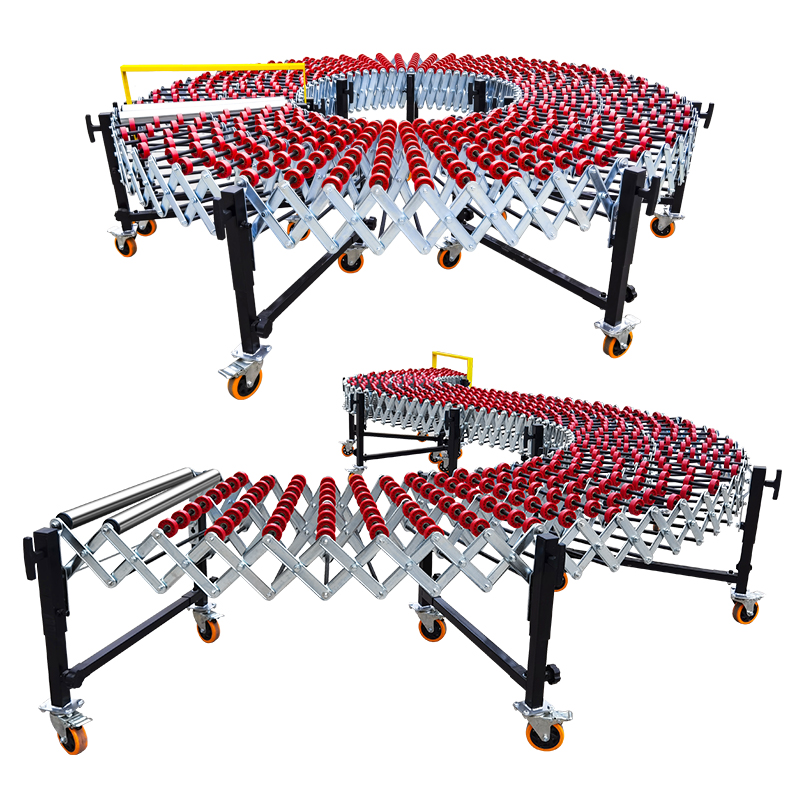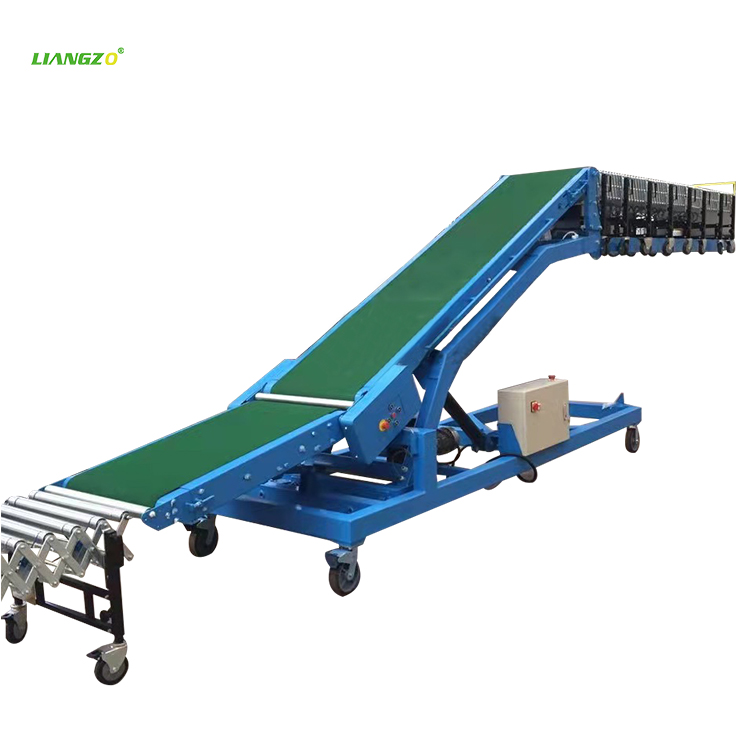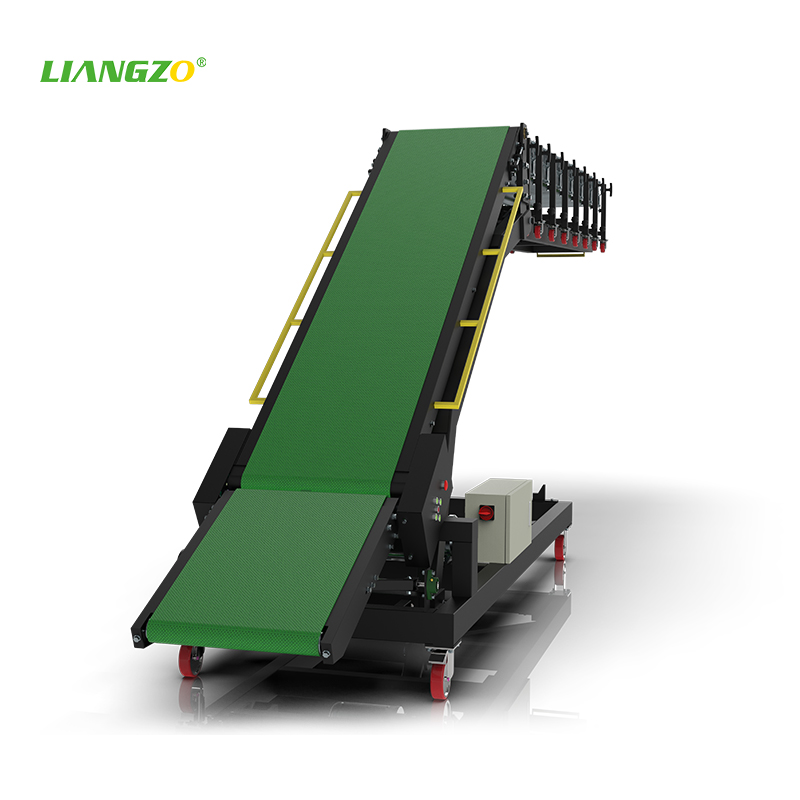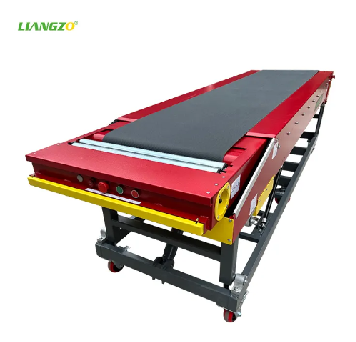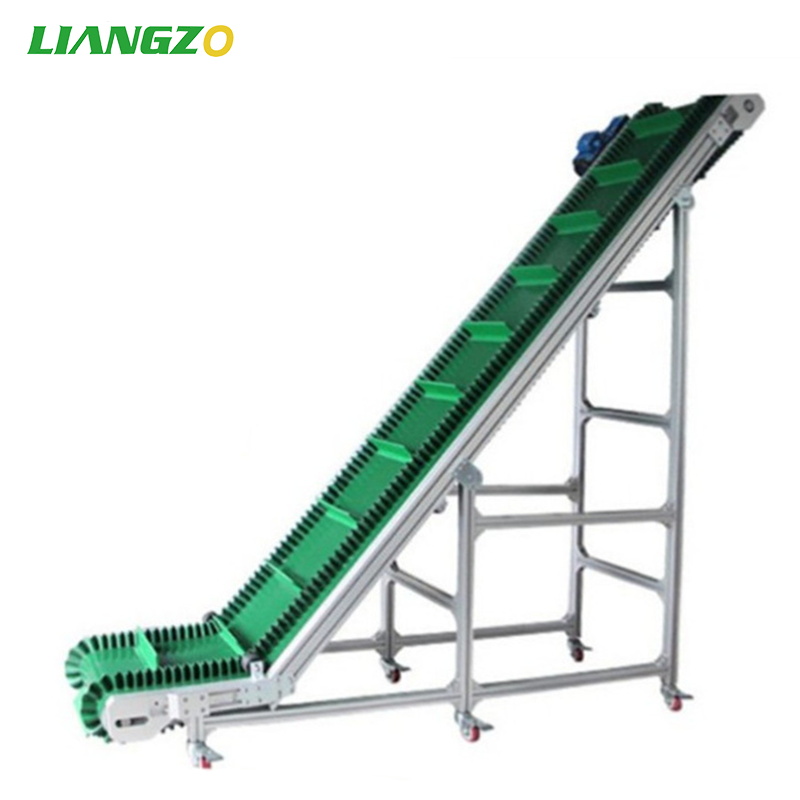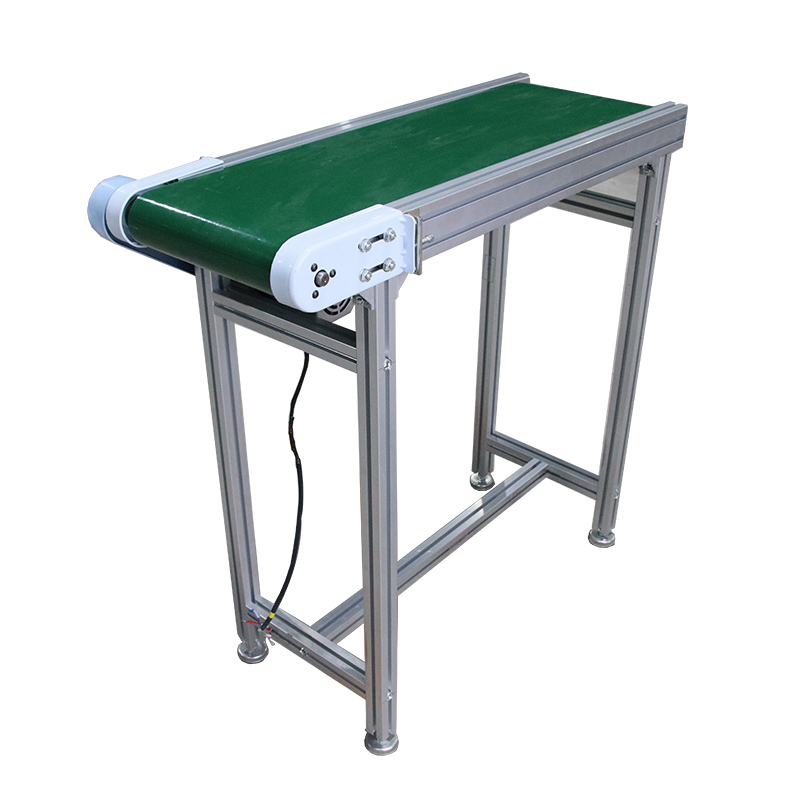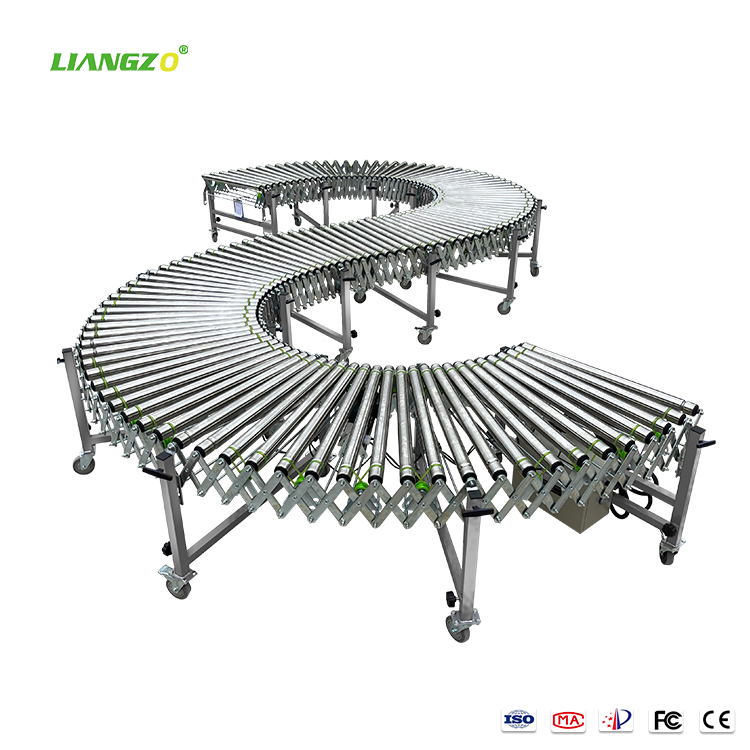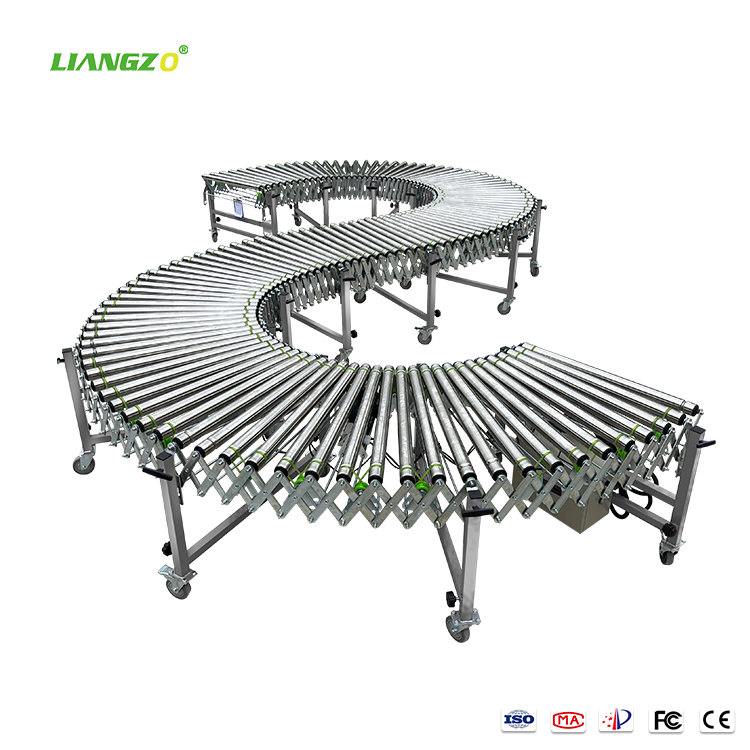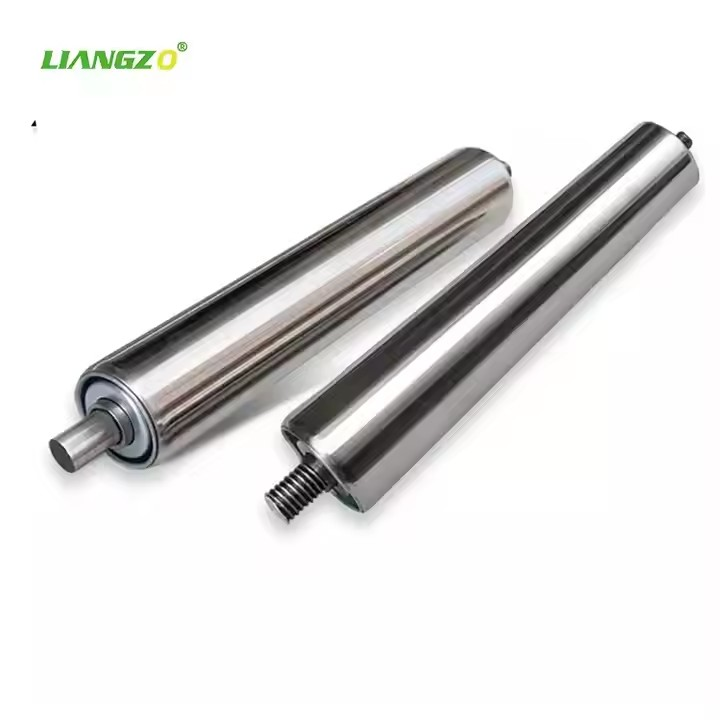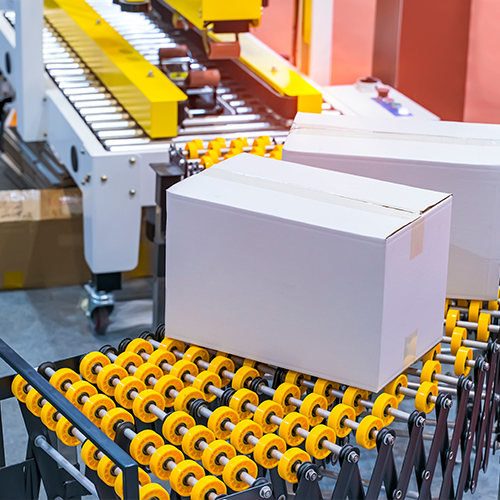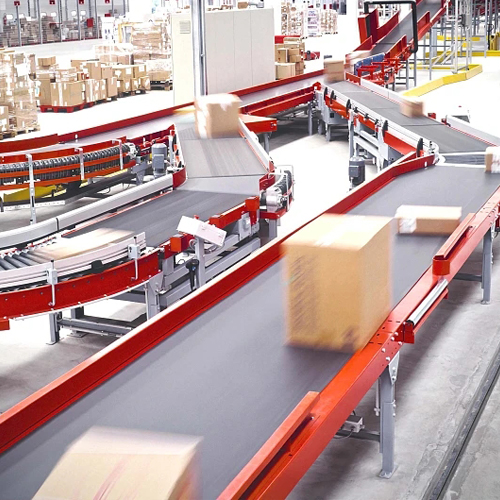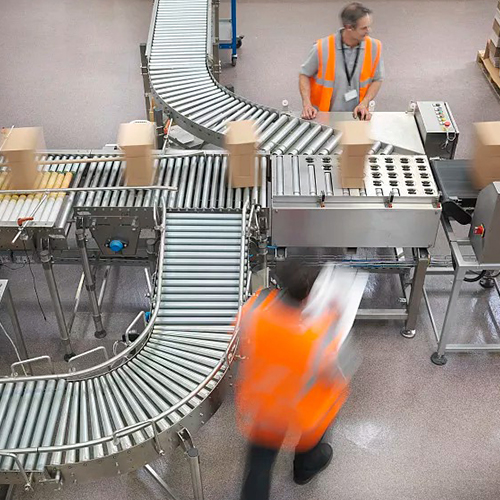Revolutionizing Logistics: How Container Handlers and Roller Conveyor Systems Are Transforming Supply Chain Efficiency
Introduction
In the fast-paced world of global trade, efficiency in cargo handling is a critical factor in maintaining competitive advantage. The seamless integration of container handlers and roller conveyor systems has emerged as a game-changer in logistics, drastically reducing loading and unloading times while enhancing productivity. This innovation not only saves time and labor but also minimizes operational costs, making it a cornerstone of modern supply chain management.
This article explores how the perfect synergy between container handlers and roller conveyors is revolutionizing cargo handling, the technology behind it, and its impact on industries worldwide.
The Challenge of Traditional Cargo Handling
Historically, loading and unloading shipping containers has been a labor-intensive and time-consuming process. Manual handling, forklifts, and cranes have been the primary tools, but they come with limitations:
Slow processing times – Manual handling leads to bottlenecks.
High labor dependency – Requires a large workforce, increasing costs.
Risk of damage – Improper handling can harm goods.
Energy inefficiency – Older machinery consumes excessive power.
With global trade volumes rising, businesses needed a smarter, faster, and more reliable solution.
The Perfect Pair: Container Handlers & Roller Conveyors
The combination of automated container handlers and motorized roller conveyor systems has addressed these challenges head-on.
1. Container Handlers: The Powerhouse of Loading/Unloading
Modern container handlers (also known as reach stackers or top loaders) are designed for speed and precision. Key features include:
High lifting capacity – Can handle containers weighing up to 50 tons.
Automated positioning – GPS and AI-assisted alignment for precise placement.
Fast cycle times – Reduced loading/unloading from hours to minutes.
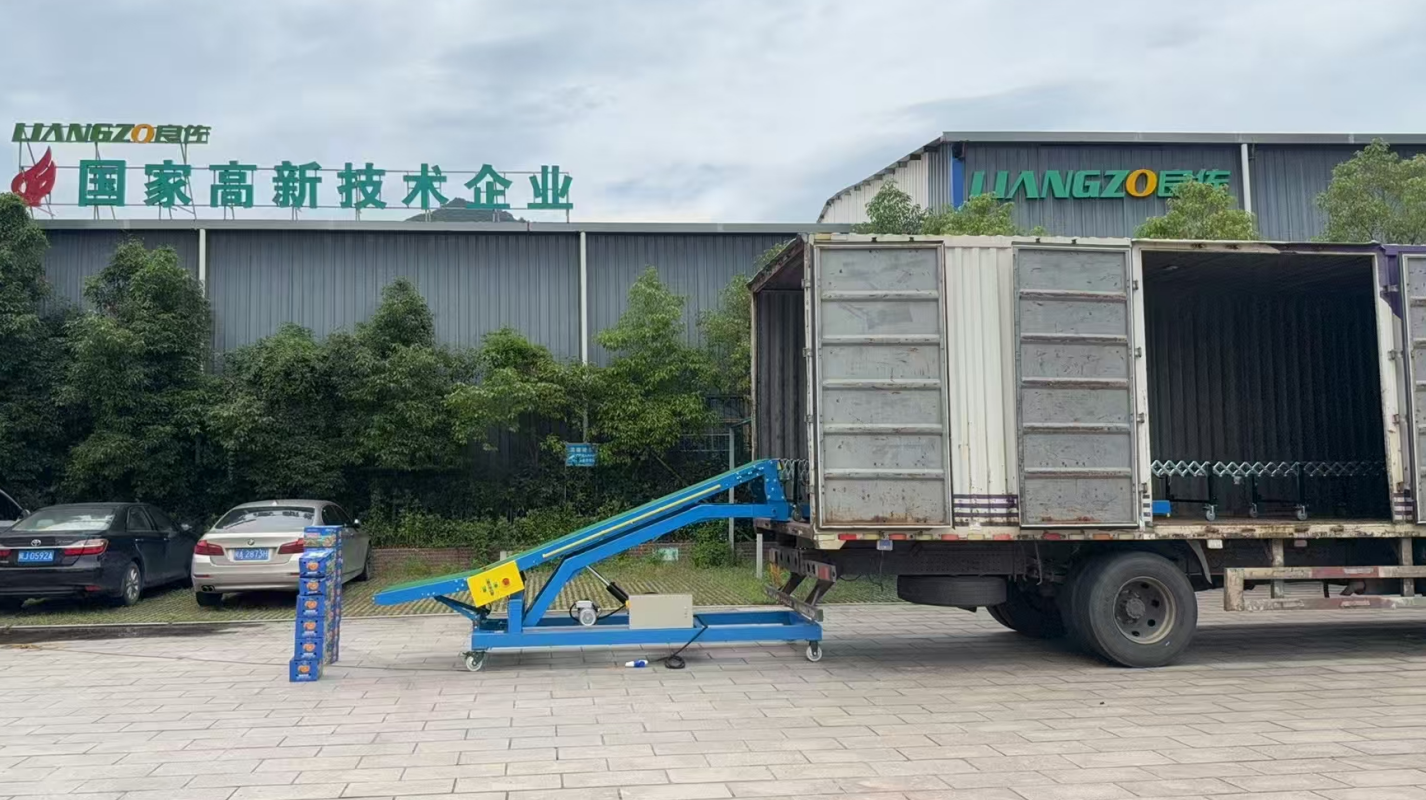
2. Roller Conveyor Systems: The Backbone of Smooth Cargo Flow
Once containers are unloaded, roller conveyors ensure seamless movement of goods. Benefits include:
Continuous flow – Eliminates manual carrying, reducing delays.
Modular design – Adaptable to different cargo sizes and weights.
Energy-efficient motors – Low power consumption with high throughput.
The Synergy Effect:
When container handlers place goods directly onto roller conveyors, the transition is instantaneous. Workers no longer need to manually transfer items, significantly cutting down processing time.
Case Study: Port of Rotterdam’s Efficiency Leap
The Port of Rotterdam, Europe’s largest seaport, implemented an integrated container handler and roller conveyor system in 2022. The results were staggering:
40% faster unloading times
30% reduction in labor costs
15% decrease in energy usage
“The automation of container handling has been a breakthrough,” said [Port Spokesperson]. “We now process 20% more cargo daily without expanding our workforce.”
Technological Innovations Driving the Change
Several cutting-edge technologies enable this seamless operation:
1. Automated Guided Vehicles (AGVs) & Robotics
Driverless vehicles transport containers from ships to conveyors.
Robotic arms assist in stacking and sorting.
2. IoT & Real-Time Tracking
Sensors monitor container positions, optimizing conveyor routing.
Predictive maintenance reduces downtime.
3. AI-Powered Logistics Management
Machine learning algorithms predict peak loading times.
Dynamic adjustments prevent bottlenecks.
Industry Impact: Who Benefits the Most?
E-Commerce Giants (Amazon, Alibaba)
Faster warehouse turnover means quicker deliveries.
Manufacturing & Automotive
Just-in-time supply chains rely on rapid unloading.
Cold Chain Logistics
Reduced exposure time preserves perishable goods.
Future Trends: What’s Next?
Fully Autonomous Ports – No human intervention needed.
Blockchain Integration – Secure, transparent cargo tracking.
Green Energy Conveyors – Solar-powered roller systems.
Conclusion
The marriage of container handlers and roller conveyor systems is not just an upgrade—it’s a revolution. By slashing loading times, cutting costs, and boosting efficiency, this technology is setting new standards in logistics. As automation and AI continue to evolve, the future of cargo handling looks faster, smarter, and more sustainable than ever.
For businesses looking to stay ahead, investing in these systems isn’t just an option—it’s a necessity.


